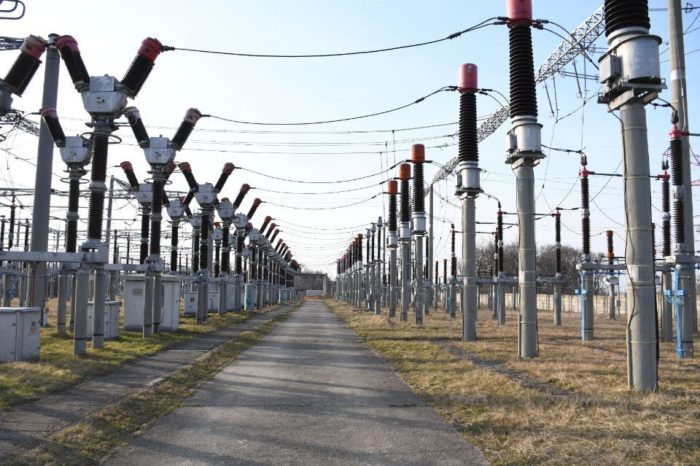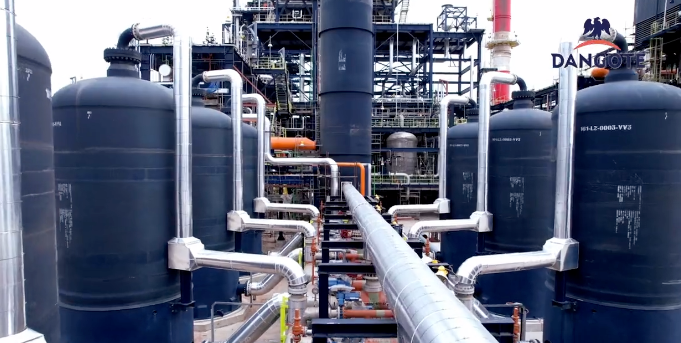Removal of subsidy, Govt. policy, collaboration will reshape Nigeria’s energy landscape – Stakeholders

Oredola Adeola
Stakeholders in the petroleum industry and financial institutions have revealed that the removal of subsidies on petroleum products, strategic policy interventions, and industry collaboration, have the potential to reshape Nigeria’s energy landscape into a more sustainable and prosperous future for all.
This was part of the major views expressed by industry experts, stakeholders, and thought leaders during the BusinessDay/MOMAN Policy Intervention Series on Alternative Fuel, held on Tuesday.
The event highlighted the challenges and opportunities facing transition energies such as gas (LPG and CNG) and alternative energies such as solar, biofuels, and EVs.
Key highlights from the discussion session include:
Full deregulation of the downstream sector presents a unique opportunity for industry operators to actively engage in policy formulation, policy creation before formulation, and the subsequent steps toward policy implementation and execution.
Appropriate pricing of petroleum products, such as Premium Motor Spirit (petrol), can make alternative energies more appealing to consumers, fostering a shift towards more sustainable options, instead of artificial subsidies.
The removal of subsidies has led to a significant surge in the adoption of solar energy solutions. Companies like Total Energies have made substantial investments in solar power, resulting in substantial cost savings and environmental benefits.
Alternative energy sources are accessible, even in urban settings. Sterling Bank provided examples of solar-powered branches and a 17-story office building (Sterling Towers on Marina), highlighting the versatility of solar solutions.
Ethanol blending in petrol is an avenue for significant savings, reaching up to N49 per liter.
The practice can also support local farming and agro-processing industries, particularly using abundant resources like cassava.
Participants at the session expressed concerns about Electric Vehicle charging infrastructure.
They suggested that individuals can utilize solar energy to charge their electric vehicles, promoting sustainability.
They stated that several entities are actively converting their fleets and generators from diesel to compressed natural gas (CNG), achieving substantial cost savings, with some reporting up to 70% reduction in expenses.
They also called for targeted government support for alternative energy startups and a shift away from traditional petroleum subsidies can expedite the transition towards a more diversified and efficient energy mix.
They also encouraged businesses and individuals to explore cost-effective strategies, including the adoption of solar power in their operations.
The discussants mentioned that the filling station of the future will transcend its traditional role as a refueling point for vehicles.
They emphasised that the filling stations will, instead, evolve into a dynamic hub offering a diverse range of cleaner energy options.





